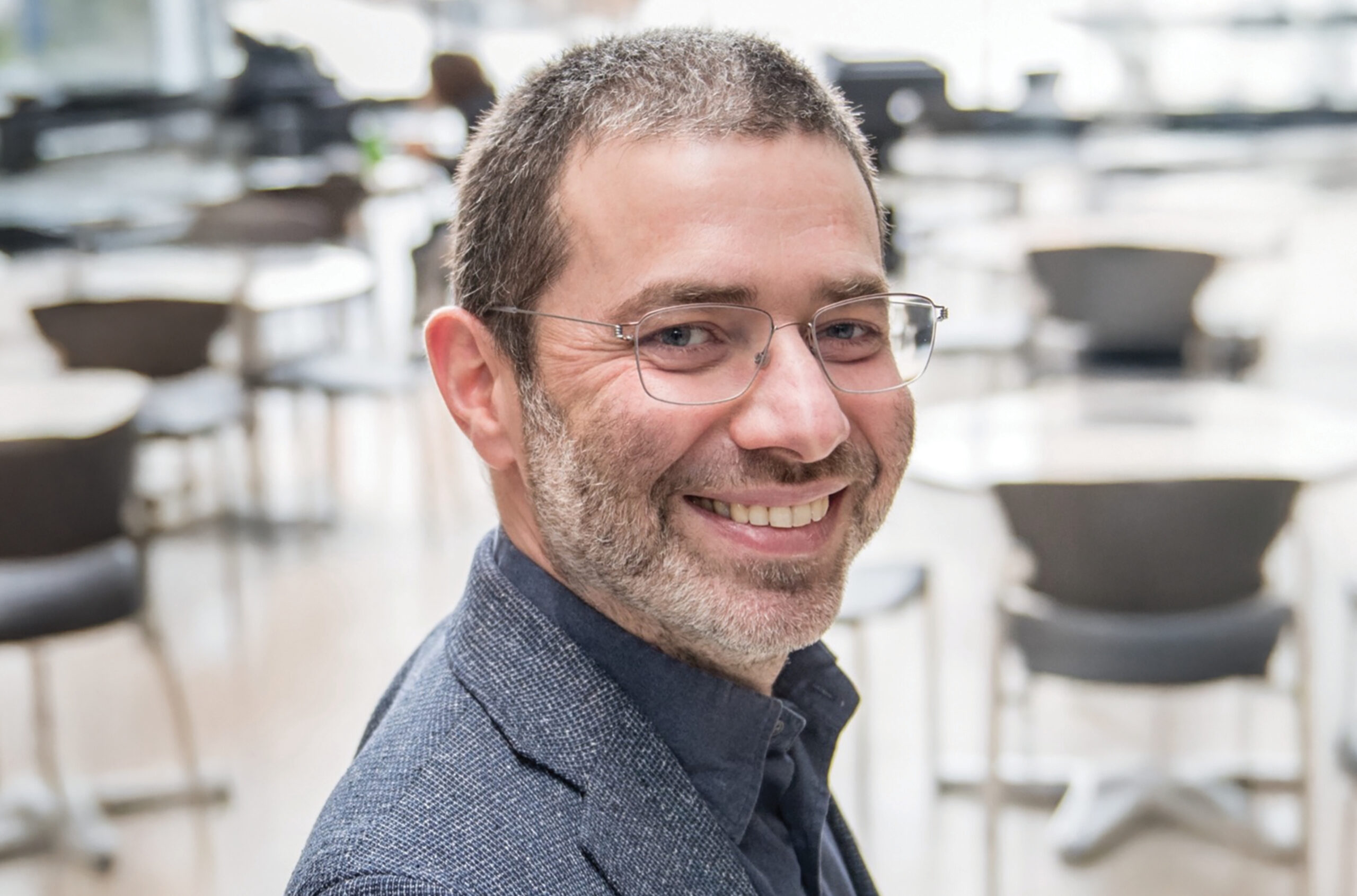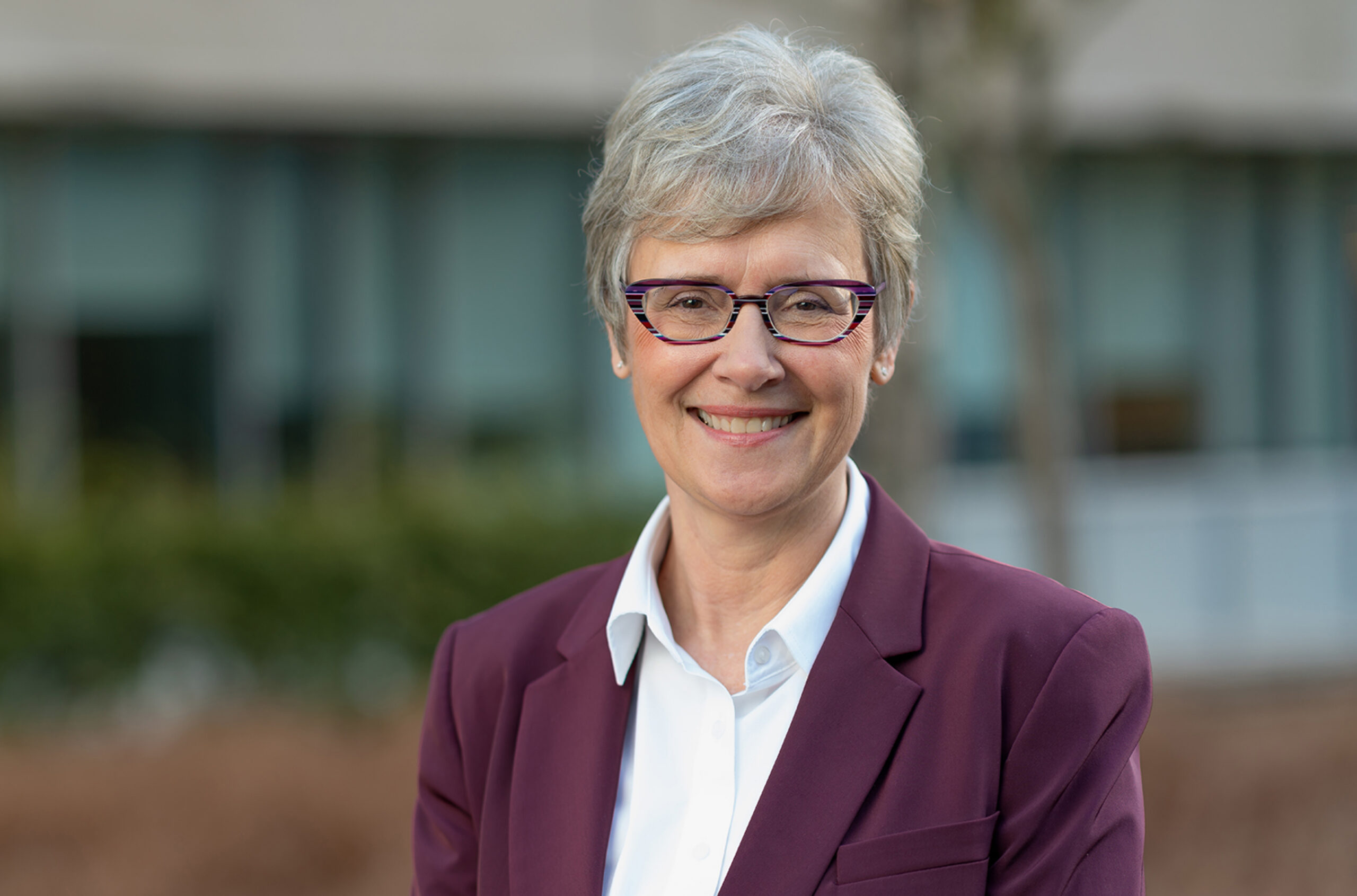Organized criminals target international students
Canadian study permits are being misappropriated by crime rings on a massive scale, threatening the integrity of post-secondary institutions and the aspirations of international students.

He was 21 and dreamed of attending university. He even had an acceptance letter stamped “Université Laval”. Everything seemed legitimate: the email address, the website, the professional correspondence — until the day he was asked to transfer $700 to an address in Nigeria. “That’s when it hit me. I’d been taken. I asked questions, but it was already too late to get some of the money back.”
Issa*, a young man from Burkina Faso, is one of the hundreds caught in this kind of scam. Behind the professional appearances hides a sophisticated network of fake agents, imitation websites, fictitious bursaries, and even universities invented out of thin air — all feeding on a Canadian immigration system as generous as it is vulnerable.
The problem is longstanding and widespread: In 2023 alone, Immigration, Refugees and Citizenship Canada (IRCC) identified nearly 1,550 permit applications based on fake letters of acceptance. Some came from bona fide establishments whose documents had been tampered with. Others came from fictitious institutions, fabricated to con students and fool the authorities.
These scams are not always the work of lone opportunists. Often they’re carried out by well-organized transnational groups, sometimes linked to organized crime. These groups orchestrate large-scale scams using advanced technologies, fake immigration officials, and admission platforms that mimic university sites, making them extremely difficult to detect.
They operate through Facebook pages with misleading names like “Scholarships Canada” or “Immigration Study Bursary Canada,” promising financial aid in exchange for administrative fees for files that will never be processed. Dozens of webpages that imitate the branding of well-known institutions are currently operating on social media networks.
“That’s when it hit me. I’d been taken. I asked questions, but it was already too late to get some of the money back.”
Once the money — sometimes thousands of dollars — has been handed over to the scammers, it’s virtually impossible to get it back. “The most troubling part is that we don’t always know who the scammers are,” says David Décary-Hétu, a professor in the school of criminology at Université de Montréal. “And even when we have suspicions, the steps to get a fraudulent website shut down are long, complex and often unsuccessful. Most websites are hosted abroad, so they have no legal obligation to cooperate with Canadian authorities, except in very specific cases. And even then, the hosts have little interest in shutting down a paying customer.”
The police are usually reluctant to intervene. “They’ll say it’s out of their jurisdiction, they don’t know where the fraud is coming from, and it’s too hard to track,” explains Dr. Décary-Hétu. “So the problem soon falls off the radar.”
Edi Kodjane, a content creator with a strong following in French-speaking African communities, is trying to do something about it. He helps students with their immigration to Canada by posting explanatory videos on YouTube. Despite his repeated warnings about fake scholarship scams, he says many students continue to fall prey to them. “Personally, I’ve never had a bad experience, because I’ve always made my applications directly [rather than through a middleman], which has spared me a lot of problems,” he explains.
Academic institutions fight back
Realizing the magnitude of the problem, many institutions have tightened up their systems. Université Laval set up a verification procedure to examine suspicious applications. Warning messages are regularly broadcast on its official channels, including reminders that no third party is authorized to collect admission fees on its behalf. In addition, it offers special support to international students to make their dealings with the university more secure.
Further west, the University of Regina says it fully supports IRCC’s verification process for letters of acceptance. It has seen very few instances of fraud, most of them involving unknown agents.
According to investigators, victims are lured by the promise of discounted tuition fees. Scammers pose as intermediaries and claim they can offer reduced tuition in exchange for an upfront payment. Once they have the money, the fraudsters make an apparent payment to the educational institution using stolen or fraudulent credit cards. The victim believes that the tuition fee has been paid — until receiving a notice of a problem with the transaction. To date, 23 people have been scammed, with financial losses exceeding $125,000.
L’Université du Québec à Chicoutimi (UQAC) was forced to wrangle with a fraudulent website called “Université du Québec à Saguenay,” which posed as a legitimate institution in order to extract money from its victims. The university undertook a long process to have this Russian-hosted site shut down, and has expressed regret for the financial losses suffered by the victims.
IRCC, meanwhile, has tightened up its procedures. All letters of acceptance must now be confirmed by the issuing institution before a study permit is granted. More than 10,000 fraudulent documents were intercepted in less than a year, thanks to this measure. But the increased vigilance is not without consequences. At the height of the admissions season, universities must hire extra staff and immigration officers are overwhelmed. The result? Delays, frustration, and a system under strain.
“Even when we have suspicions, the steps to get a fraudulent website shut down are long, complex and often unsuccessful.”
IRCC is also fighting the phenomenon of “ghost students”: people who have obtained a study permit but are not actually taking classes. Since 2015, Designated Learning Institutions (DLIs) have been required to report regularly on the enrolment status of their international student body through a dedicated portal. However, it was only in November, 2024, that the reporting became mandatory. (Quebec institutions have been granted an adaptation period until the end of this year.) These semi-annual reports are used to identify students who are not complying with the conditions of their permit. Offending institutions and students are subject to investigation and sanctions, including the temporary suspension of the institution’s authorization to receive international students.
The RCMP is working in conjunction with the Canadian Anti-Fraud Centre and the Financial Transactions and Reports Analysis Centre of Canada to track the suspicious flow of finances and to devise strategies for dismantling fraudulent networks. Agreements have been reached with international agencies, particularly in West Africa, to trace these scams back to their source.
The data collected is included in the Uniform Crime Reporting Survey and analyzed by Statistics Canada. Quarterly Juristat reports are used to monitor trends, adjust policies and assess the effectiveness of measures taken.https://www150.statcan.gc.ca/n1/fr/catalogue/85-002-X
Students: prime targets for money launderers
But the danger doesn’t disappear once a legitimate study permit has been issued. Some students, after arriving in Canada, become targets of another type of scam: money laundering.
They’re often approached through bogus job or internship offers on social media. The bait is usually an offer to work from home “transferring funds for a foreign company,” in return for an immediate payment. Behind these ads are money-laundering operations.
According to the RCMP, these “student mules” are hard to spot, since they don’t engage directly in criminal acts but simply follow instructions. However, they may be held legally liable, particularly if it’s proven that they knowingly participated in the scheme.
Often isolated, financially precarious and unfamiliar with local laws, they are a prime target for money laundering networks. They’re targeted through websites, social platforms or campus classifieds, by telephone or in person, or even through community groups such as student welcome organizations. Awareness campaigns have been launched to help students avoid these scams.
“The moment you put people in a precarious situation, there’s a type of predator who emerges to take advantage of that precarity.”
“The moment you put people in a precarious situation, there’s a type of predator who emerges to take advantage of that precarity,” says François Crépeau, an international law professor at McGill University.
“And it’s not just students who are at risk. Canada has between 750,000 and 1.1 million undocumented migrants — people who are vulnerable to exploitation because they have no papers. They can even be induced to commit crimes for cash. If you can’t both study and eat, you’re going to choose to eat.”
International students, who just a few years ago seemed to rank among the privileged, are now in a precarious state and vulnerable to crime rings. “As soon as we allow certain segments of the population to become insecure, all kinds of criminal networks emerge to take advantage of them. International students are put in a state of precarity and then blamed for everything from the housing crisis to the proliferation of scams. We charge them high tuition with neither housing nor financial aid, and then we’re surprised when they wind up in untenable situations. And they can’t go to the authorities for fear of being reported to Immigration and deported.”
According to Dr. Crépeau, universities need to ensure that the students they attract have the financial means to pursue their studies. He deplores the lack of support, saying, “PhD students sometimes get fellowships of $35,000 a year. But in Montreal, it costs about $50,000 to $60,000 to live decently as a student.” As a former lawyer, Dr. Crépeau argues for a structural overhaul: more funding, more grants, construction of more affordable student housing, and above all, recognition of precarity as a central issue. “This is not a marginal problem, it’s systemic.”
Targeted sanctions against fraudulent middlemen
As for recruitment agencies and foreign intermediaries, IRCC is preparing to implement a penalty system that will fine individuals or organizations who provide immigration services illegally or encourage fraud. Offenders’ names will be published to increase transparency and protect the public. The new regulations were the subject of consultations that wrapped up in February and should come into force by the end of the year.
Authorities and institutions point out that the majority of international students arrive with honest intentions. As Ousmane*, a former UQAC student from Guinea and the victim of a scam, recounts: “Today, I’ve chosen to turn the page. You can’t move forward in life if you’re stuck in victimhood. And it’s important not to tar everyone with the same brush. I’m very grateful to Canada and to the institutions that have offered me real opportunities.”
*The students’ first names have been changed at their request to preserve their anonymity in accordance with University Affairs policy, which exceptionally allows this type of editing when justified by security or confidentiality concerns.
A vulnerable system
Immigration management for international students rests on a multi-tiered structure, with responsibilities shared between the federal government and the provinces or territories. This structure, while designed to offer flexibility, also introduces systemic flaws.
The federal government, through IRCC, is responsible for issuing study permits, enforcing national immigration laws, and authorizing a student’s entry into the country on the basis of documents submitted by Designated Learning Institutions (DLIs).
The IRCC officially awards DLI status, upon the recommendation of the provinces and territories. The provinces and territories also control access to post-secondary institutions (whether public or private), apply their own educational policies, and, in the case of Quebec, issue essential documents such as the Quebec Acceptance Certificate (CAQ).
This division of roles creates a complex administrative process, with numerous actors involved between the time an application is submitted and the time the student clears Canadian customs. The lack of coordination between IRCC, provincial ministries, educational institutions and recruitment agencies makes it difficult to draw clear lines of responsibility in cases of fraud or error.












Post a comment
University Affairs moderates all comments according to the following guidelines. If approved, comments generally appear within one business day. We may republish particularly insightful remarks in our print edition or elsewhere.
1 Comments
The provincial authorities have allowed and enabled univerisities to treat international students as ‘cash cows’ for far too long. Provincial governments and universities have a moral if not legal obligation to act to protect well-meaning applicants. The provinces and universities should lead in the solution, not expect the federal government to mop up their mess.